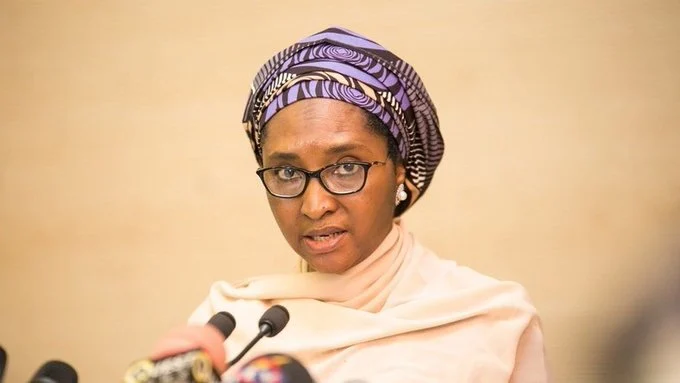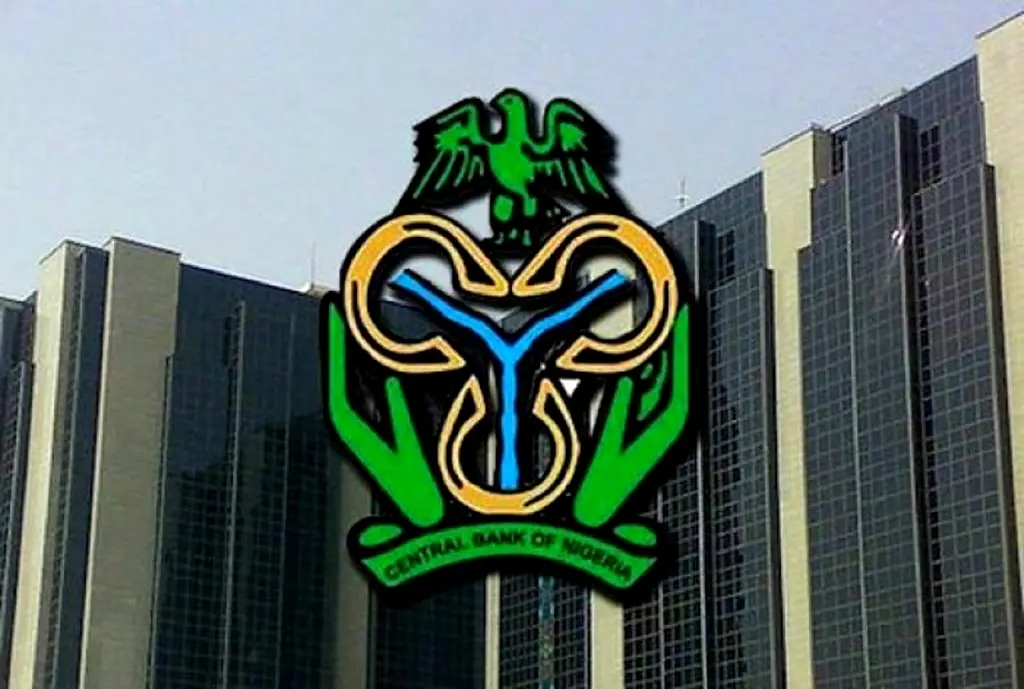The Central Bank of Nigeria (CBN) has ordered all banks to start charging a 0.5 per cent cybersecurity levy on all electronic transactions within the country excluding 16 listed banking deals.
According to a circular signed by the Director, Payments System Management Department, Chibuzo Efobi; and the Director, Financial Policy and Regulation Department, Haruna Mustafa; the cybersecurity would commence two weeks from May 6, 2024.
The apex bank, in the circular, directed to all commercial, merchant, non-interest, and payment service banks, among others; to start the implementation of the cybersecurity charges after two weeks of the information.
“The levy shall be applied at the point of electronic transfer origination, then deducted and remitted by the financial institution. The deducted amount shall be reflected in the customer’s account with the narration, ‘Cybersecurity Levy,’” the circular partly read.
However, the CBN listed 16 banking transactions exempted from the new cybersecurity levy.
The exempted transactions are listed below:
1. Loan disbursements and repayments
2. Salary payments
3. Intra-account transfers within the same bank or between different banks for the same customer
4. Intra-bank transfers between customers of the same bank
5. Other Financial Institutions instructions to their correspondent banks
‘Why French, US military bases in Nigeria won’t help terror war’
6. Interbank placements,
7. Banks’ transfers to CBN and vice-versa
8. Inter-branch transfers within a bank
9. Cheque clearing and settlements
10. Letters of Credits
11. Banks’ recapitalisation-related funding – only bulk funds movement from collection accounts
12. Savings and deposits, including transactions involving long-term investments such as Treasury Bills, Bonds, and Commercial Papers
13. Government Social Welfare Programmes transactions e.g. Pension payments
14. Non-profit and charitable transactions, including donations to registered non-profit organisations or charities
15. Educational institutions’ transactions, including tuition payments and other transactions involving schools, universities, or other educational institutions
16. Transactions involving bank’s internal accounts such as suspense accounts, clearing accounts, profit and loss accounts, inter-branch accounts, reserve accounts, nostro and vostro accounts, and escrow accounts.

 News3 years ago
News3 years ago
 Entertainment2 years ago
Entertainment2 years ago
 News3 years ago
News3 years ago
 Privacy3 years ago
Privacy3 years ago
 Sports2 years ago
Sports2 years ago
 Entertainment2 years ago
Entertainment2 years ago
 News3 years ago
News3 years ago
 Opinion3 years ago
Opinion3 years ago















